Dear Commissioner Várhelyi,
We are writing to you to express our concern at reports about the way the European Commission is intending to distribute EUR 53 million in financial assistance to Belarus.
We express our admiration for the courage and resolve shown by the Belarusian people during the COVID-19 pandemic, and note that the European Union and its Member States stood in solidarity with the people of Belarus, providing financial and material support through bilateral
and regional programmes and instruments.
All this has taken place in the context of the Belarusian authorities’ lethargic response, and even denials of the pandemic and its impact, all the while increasing repression against its own people in the context of the presidential elections.
The presidential election, marred by widespread violations and a campaign of repression which is on-going to this day, has demonstrated the true brutality of the Lukashenka regime and its disregard for the Belarusian people. It is in this context that we strongly urge the Commission
to
i) apply a ‘less for less’ principle with regards to the Belarusian authorities until all political prisoners are released, fundamental human rights are respected and free and fair elections take place, all the while pursuing a ‘more for more’ principle with regards to the Belarusian civil
society;
ii) be creative with the disbursement of funds through relevant instruments and implementing partners; and iii) allow more flexibility in project implementation given the changing circumstances.
The Foreign Affairs Council of 12th October 2020 called for the recalibration of EU bilateral financial assistance to Belarus. In practical terms, we believe, it must mean ceasing all financial assistance to the Belarusian authorities, and channel financial resources directly to the people.
We welcome the EUR 3 million already allocated to civil society. At the same time, you will note from the list attached to this letter, and compiled by the EaP Civil Society Forum, that there is a confidence in the absorption and operational capacities of Belarusian civil society organisations, whether on local, regional or national level.
There are also possibilities to channel a significant part of the assistance via European NGOs and foundations, such as the European Endowment for Democracy, the EaP Civil Society Forum, Prague Civil Society Centre, ForumCiv or the Red Cross societies of EU Member States or provide scholarships via the European Humanities University, the College of Europe
and other universities. Moreover, given the adverse economic situation, but also in view of supporting Belarus’s transformation through private enterprise, SMEs can be supported via the European Bank for Reconstruction and Development.
The European Union must support the victims of the current repressions, those affected by the pandemic, and the people’s aspirations to live in a free, democratic, prosperous and sovereign Belarus.
We sincerely hope that the European Commission will seize this moment to stand with the people of Belarus, and ensure that no financial assistance is provided to the Belarusian authorities until all forms of repression cease.
Yours sincerely,
Signed:
Miriam Lexmann MEP (EPP, Slovakia), Petras Auštrevičius MEP (Renew, Lithuania), Anna Fotyga MEP (ECR, Poland), Sandra Klaniete MEP (EPP, Latvia), Viola von Cramon-Taubadel MEP (Greens/EFA, Germany), Robert Biedroń MEP (S&D, Poland), Anna Donáth MEP (Renew, Hungary), Andrius Kubilius MEP (EPP, Lithuania), Salima Yenbou MEP (Greens/EFA, France), Krzysztof Hetman MEP (EPP, Poland), Karen Melchior MEP (Renew, Denmark), Radosław Sikorski MEP (EPP, Poland), Nicola Beer MEP (Renew, Germany), David Lega MEP (EPP, Sweden), Rasa Juknevičienė MEP (EPP, Lithuania), Nicolae Ștefănuță MEP (Renew, Romania), Bernard Guetta MEP (Renew, France), Eugen Jurzyca MEP (ECR, Slovakia), Jan-Christoph Oetjen MEP (Renew, Germany), Magdalena Adamowicz MEP (EPP, Poland), Ryszard Czarnecki MEP (ECR, Poland), Lukas Mandl MEP (EPP, Austria), Milan Zver MEP (EPP, Slovenia), Attila Ara-Kovács MEP (S&D, Hungary), Raphaël Glucksmann MEP (S&D, France), Tomasz Frankowski MEP (EPP, Poland), Abir Al-Sahlani MEP (Renew, Sweden), Roberta Metsola MEP (EPP, Malta), Karen Melchior MEP (Renew, Denmark), Urmas Paet MEP (Renew, Estonia), Michal Šimečka MEP (Renew, Slovakia), Aušra Maldeikienė MEP (EPP, Lithuania), Liudas Mažylis MEP (EPP, Lithuania), Reinhard Bütikofer MEP (Greens/EFA, Germany), Vladimír Bilčík MEP (EPP, Slovakia), Tineke Strik MEP (Greens/EFA, Netherlands), Kim van Sparrentak MEP (Greens/EFA, Netherlands), Sven Giegold MEP (Greens/EFA, Germany), Beata Kempa MEP (ECR, Poland), Bronis Ropė MEP (Greens/EFA, Lithuania), Arba Kokalari MEP (EPP, Sweden), David Drui MEP (Greens/EFA, France), Francois Alfonsi MEP (Greens/EFA, France), Karima Delli MEP (Greens/EFA, France), Michèle Rivasi MEP (Greens/EFA, France), Yannick Jadot MEP (Greens/EFA, France), Salima Yenbou MEP (Greens/EFA, France), Caroline Roose MEP (Greens/EFA, France), David Cormand MEP (Greens/EFA, France), Marie Toussaint MEP (Greens/EFA, France), Gwendoline Delbos-Corfield MEP (Greens/EFA, France), Damien Careme MEP (Greens/EFA, France), Benoit Biteau MEP (Greens/EFA, France), Claude Gruffat MEP (Greens/EFA, France), Mounir Satouri MEP (Greens/EFA, France), Alviina Alametsä MEP (Greens/EFA, Finland), Zbigniew Kuźmiuk MEP (ECR, Poland), Leopoldo López Gil MEP (EPP, Spain), Ulrike Müller MEP (Renew, Germany), Saskia Bricmont MEP (Greens/EFA, Belgium), Dita Charanzová MEP (Renew, Czechia), István Ujhelyi MEP (S&D, Hungary).
Photo – EP/Daina Le Lardic


